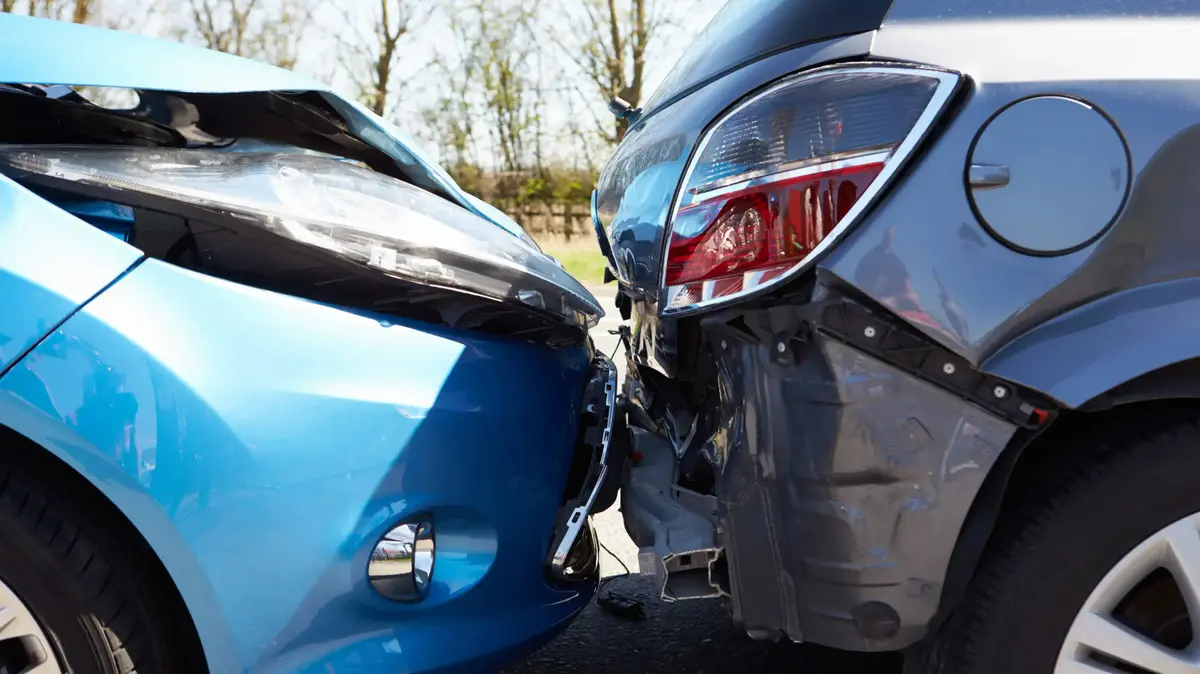Like the days of San Juan, countless bonfires are lit on the planet.
Each one emits its own heat, but together they are devastating.
It's not just the war in Ukraine.
It's inflation, the breakdown of the supply chain, the rise in raw materials, inequality, pandemics, financial instability, the climate emergency... And insurance shares all the flames.
"Complicated times are coming for this market," says an expert on condition of anonymity.
Another, in identical circumstances, foresees that “it will harden”.
And if the term risk is synonymous with danger, premiums will go up.
Before the horror invaded Europe, nature warned another.
The storms in the United States during 2021 cost the sector 60,000 million dollars (55,900 million euros at current exchange rates);
the floods in Germany, about 9,000 million, and China left about 2,000 million dollars.
To the Europe of the Twenty-seven, the extreme climate between 1980 and 2020 has cost 487,000 million euros.
About 12,000 million a year.
Spain pays, maintains the European Environment Agency, a toll of 60,976 million.
Last year, recalls Santiago Arechaga, managing director in Spain and Portugal of Swiss Re, was the fourth most expensive in terms of natural disasters.
“However, as a reinsurer, crises and catastrophes are part of our business model,” he says.
sustains the European Environment Agency, a toll of 60,976 million.
Last year, recalls Santiago Arechaga, managing director in Spain and Portugal of Swiss Re, was the fourth most expensive in terms of natural disasters.
“However, as a reinsurer, crises and catastrophes are part of our business model,” he says.
sustains the European Environment Agency, a toll of 60,976 million.
Last year, recalls Santiago Arechaga, managing director in Spain and Portugal of Swiss Re, was the fourth most expensive in terms of natural disasters.
“However, as a reinsurer, crises and catastrophes are part of our business model,” he says.
The bonfire has been transformed into Dante's descent into hell.
First, the insurances that work with few companies will burn.
Imagine the recycling or waste treatment plants.
In addition, inflation, transportation difficulties and problems with the supply chain threaten to make countless products more expensive.
The price of steel for wind turbines has risen 50% even before the invasion of Ukraine.
It is the percentage calculated by GCube, an insurer specializing in renewable energy.
"Right now, we're going through the perfect storm," he observes in
The Guardian .
Fraser McLachlan, director of the firm.
"We have delays of up to six months to get spare parts and longer if they come from China."
If the company insures a factory and the prices of the components and materials that the insurer must replace in case of loss go up, so will the premium.
The green transition will be more expensive and it is a reality as immutable as the laws of thermodynamics.
If we bundle the prices of technology, precious metals and minerals, forest products, energy, and agriculture, they are up 86% from the end of 2019 to March 2022.
Oil ships
A sweaty, weary sun heats the Black Sea.
Since the Russian invasion began, some oil tankers have had to pay $300,000 (about 279,000 euros) — according to the reinsurance giant Lloyd's — to operate in its waters.
It is as if we had suddenly woken up in a world that has nothing to do with the one we left the night before.
“Despite improved analysis models, risks are more difficult to forecast.
And this means that the rates for individuals and companies will rise”, anticipates Ellen Carney, principal analyst at the US consulting firm Forrester Research.
A blurry planet seen from a merry-go-round that never stops turning.
"In large risks, coverage will be limited," advances Amalio Berbel, partner responsible for insurance at KPMG Spain.
In his case, the merry-go-round stops at semantics.
The risk exposure of European insurers and reinsurers in Russia —according to S&P Global Ratings— is less than 1%.
But the volatility of the markets can affect them because they are great players in that game.
Only the insurers of the Old Continent have 11 billion euros invested in the capital markets doomed to the uncertainty of the war.
"Insurance rises in areas where claims have been seen and where insurers expect higher risks," summarizes Volker Kudszus, chief insurance analyst at S&P Global Ratings.
Transportation, aviation.
Everything will depend on the unpredictable.
If the Earth geopolitically fractures between China-Russia versus Western democracies, trade will become more expensive and business will change.
“Insurers will need solid international political analysis to assess risk, something that was insignificant in the past,” stresses Francesco Sisci, an Italian sinologist with an expertise in China.
The problem is that they are “not ready” at all for this introspection.
Although the sector carries, for now, the hasty walk of a tall man.
69% of the insurers analyzed by S&P in the EMEA region have an “exceptional liquidity situation”.
They will need it.
Only last year, natural disasters unloaded insured losses —according to Swiss Re— of 119,000 million dollars (about 111,000 million euros at current exchange rates).
At that time, apart from a war in Europe, nobody imagined an inflation unheard of in decades.
"It has the potential to be a real concern in the industry and will undoubtedly have an impact on insurance prices," warns José Nuñez, CEO of Lloyd's Europe in Spain and Portugal.
S&P experts estimate an average world inflation this year of 6%,
but that percentage will fall short in many developing nations.
Economic theory can ease the tension.
"The increase in interest rates, according to the mathematical models that guide insurance, could help contain its price," says Gregorio Izquierdo, general director of the Institute of Economic Studies (IEE).
And in the background, the man who goes down to Dante's hell, who rides a merry-go-round without brakes and supports a sweaty and tired sun.
Wars are not guaranteed.
In Spain, the Insurance Compensation Consortium covers acts of terrorism.
But not all nations are the same.
Less than 50% of the floods in Germany were covered.
Each bouquet will be a story.
Where there is a lot of competition (automobile or health) it will be more difficult to raise prices.
And perhaps, for example, the client allows their data to be transferred in exchange for discounts for good driving.
The storm is coming to meet us.
No one knows if it will unleash tropical rains or Hurricane Sandy.
But hold on.
the cost of fire
Risk and fragility.
The two shores of the bridge that human beings have been crossing since the pandemic broke out.
The fragility is noticeable, above all, in southern Europe.
Spain, Portugal, Italy and Greece, says Omar Rachedi, a professor at Esade, using data from the World Bank, are the European countries with the greatest fire danger.
And its costs are higher than floods.
The risk comes from men.
A subsidiary of the German insurer Allianz in the United States (Allianz Global Investors US) was sentenced, according to The New York Times, in mid-May to pay 7,000 million dollars (about 6,500 million euros) for security fraud by three former managers .
The danger of the human condition.

/cloudfront-eu-central-1.images.arcpublishing.com/prisa/I4NH6MSC5RB77D62WQMZQWU6TU.jpg)






